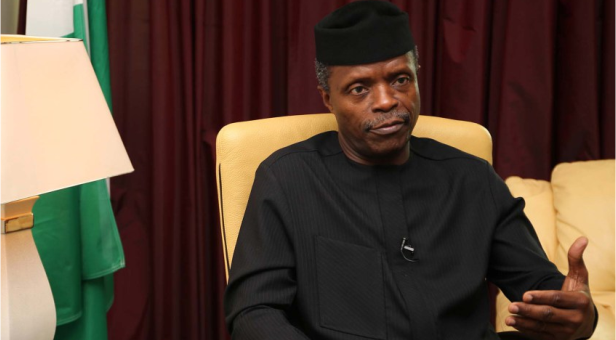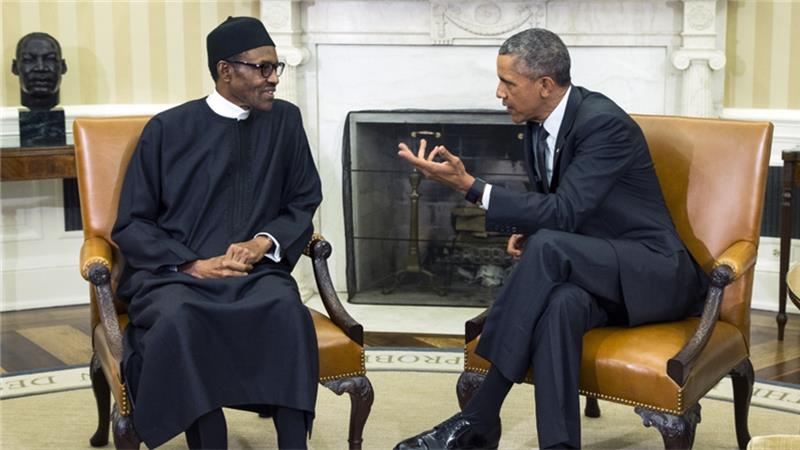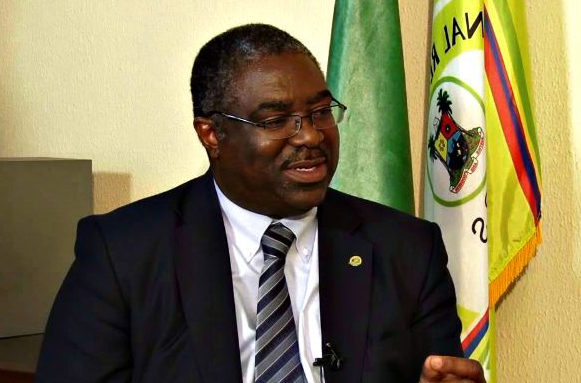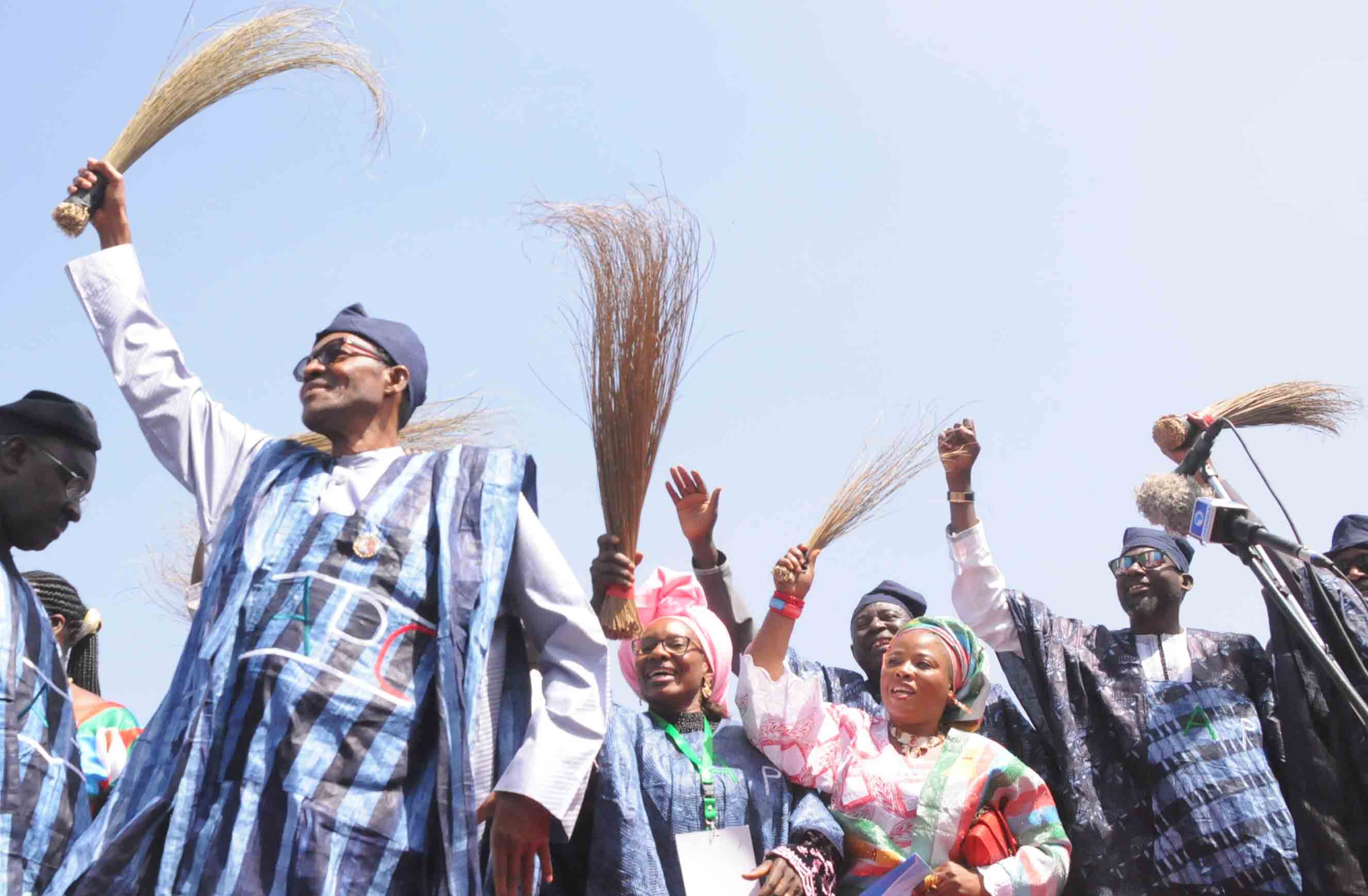To start with, for the benefit of the big corporate names who may not have heard, and are still eyeing a space on the coveted Nigeria’s economic management team, the government has made his position known; and it was loud and clear: there is no space for private sector personalities in the nation’s economic management team!
Indeed, that was a bitter-truth, as some may brand it, from the presidency and the office of the vice president, Prof. Yemi Osinbajo who is also the head of the Nigerian economic team.
Following fervent inquisitions and interrogations by a section of the public, particularly by those in the business community, on why the government’s economic team under the new Buhari administration is totally devoid of any representation from the corporate circle, unlike what Nigerians had seen from the previous administrations, the Presidency had released a statement through the VP’s office that the government was mindful of conflict of interest.
“We have to understand that the attitude of this Presidency is to consider the management of the economy as a government responsibility. It is not something that this government believes should be done by bringing in some of the private interests into the economic team to take a decision that they will be directly involved with.
Advertisement
“So our stand is that the management of the economy is a government responsibility,” said the Presidency.
Ideally, I would have expected those clamouring and calling for the inclusion of some private sector individuals in the economic decision-making line-up to come up with evidences of the impact of the presence of these corporate individuals in the affairs of the national economy during the previous administrations which the private sector had been part of.
That would probably have offered a more credible and plausible ground to seriously interrogate the government which has failed to coordinate a plan and a diverse group of people that would have helped in reflating the economy.
Advertisement
But unfortunately, there is no proof of meaningful impact from such involvements in the past from those quarters, and even those calling on behalf of the private sector clique have remained faceless. So it is even difficult to hold them down for sound arguments on their advocacy.
Really, to my knowledge, what the previous inclusion of some names from the business environment on the nation’s economic team had shown was an advantage on a bigger national platform for some of the privileged corporate people to essentially authenticate their connections at the highest level of government, and to further grab opportunities meant for the populace to serve the purpose of a powerful minority.
And more importantly, one is not particularly convinced that some of these businessmen and women necessarily need to be part of an economic team to contribute their ideas and give direction. Definitely, there are actually several ways of advancing the system from the perspective of the corporate sector without any need to jostle for the government’s formal assemblage.
For instance, if the Corporate Social Responsibility (CSR), the wide ranging normative interventionist arrangement offered by most corporations to support socio-economic activities in their areas of operations, within environments where businesses operate are not selfishly and poorly intended, as seen in several organisations, relevant models for economic development would have been extracted from such effort.
Advertisement
In most advanced countries, the CSR templates of both the big and small businesses are often employed to effectively tackle myriads of socio-economic challenges by the government. And due references are made to these entities in government’s framework for economic action. That, of course, is the direction expected of Nigerian private organisations. And not just an opportunity for some influential citizens to warm the coveted seats on the economic team, enjoy photo-ops with the president and his foreign dignitaries and take undue advantage of the system while the economy keeps crumbling and the statistics of the poor keep swelling.
Meanwhile, if it is about playing big on the national or even on global affairs and increasing international corporate profile of an organisation, the United Nations has extended an invitation to global businesses in every corner of the world to be part of the Sustainable Development Goals (SDGs) agenda that seeks to confront the danger of poverty, inequality, climate change and other encumbrances to socio-economic advancement.
“I ask all the CEOs here today to help us. Your advocacy and example can drive action to achieve a life of dignity for all people.
“You recognize that responsible businesses have enormous power to create decent jobs, open access to education and basic services, unlock energy solutions and end discrimination. I count on you to drive global progress.
Advertisement
“Our planet and its people are suffering too much. This year has to be the moment for turning global promises into reality. Governments must take the lead with decisive steps. At the same time, businesses can provide essential solutions and resources that put our world on a more sustainable path,” said the UN Secretary-General.
This, I reckon, should be a major priority for every genuinely responsible organisation to get involved in. And a greater opportunity for members of the Nigerian private sector to demonstrate their commitment towards national development and improvement of their business environments.
Advertisement
Candidly, there is more prestige, especially from results or evidences of worthy and tangible contributions by the sector, on efforts that are geared towards the larger interest of the nation and the betterment of all and sundry.
Advertisement
Views expressed by contributors are strictly personal and not of TheCable.
Add a comment







